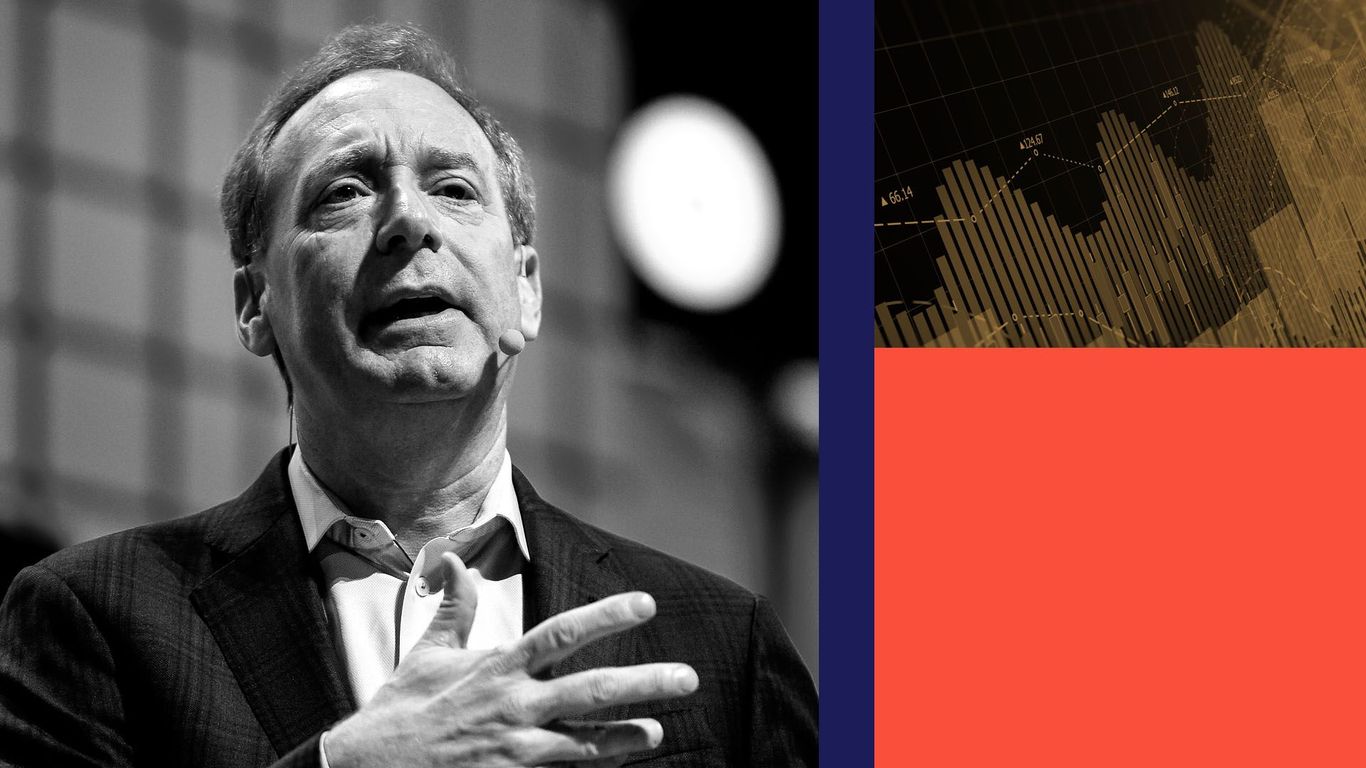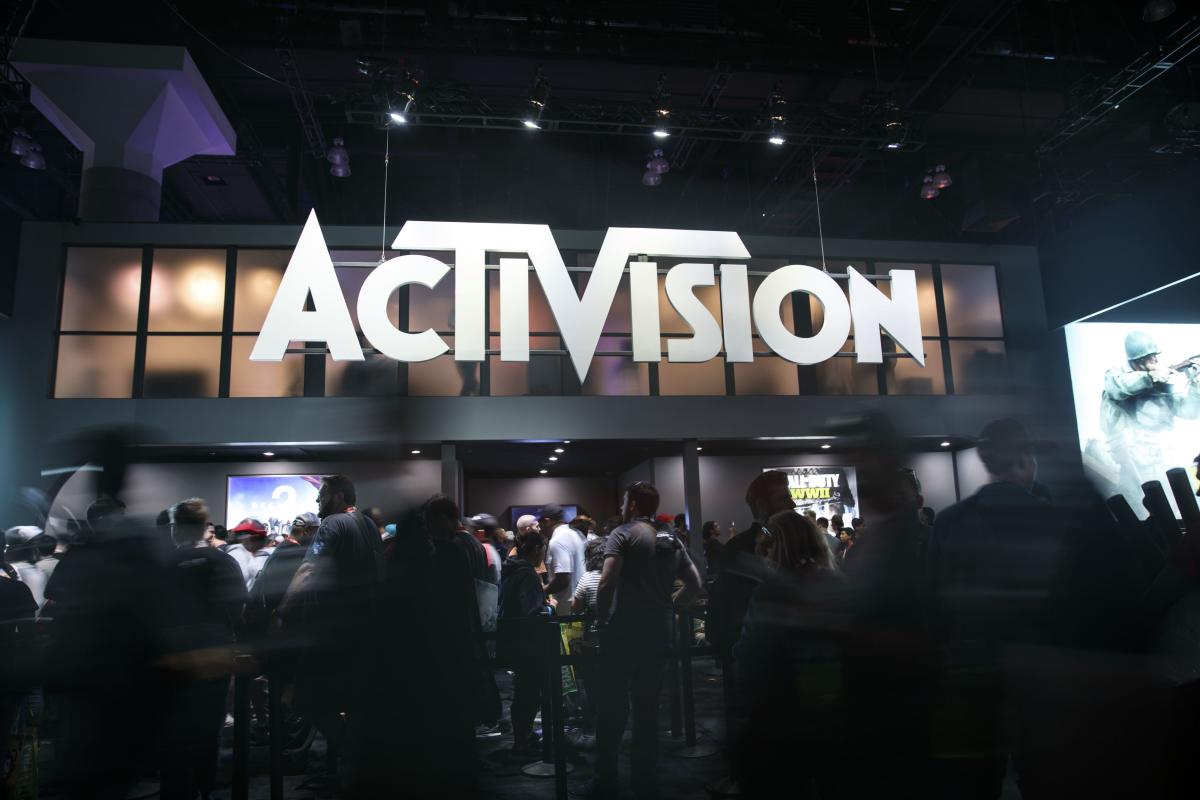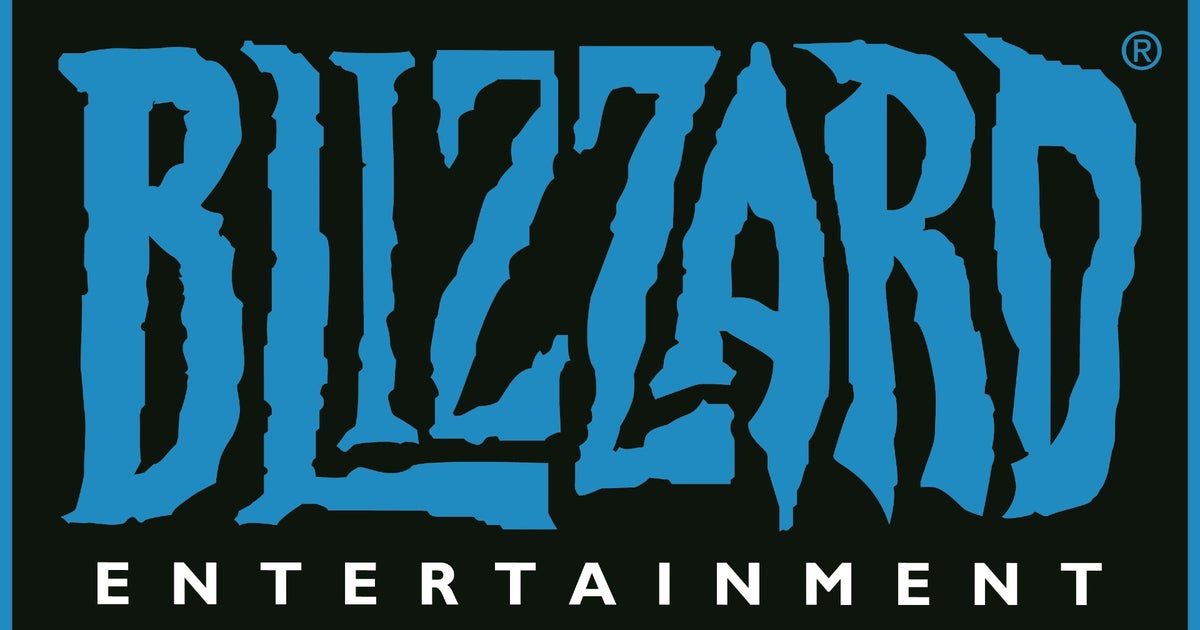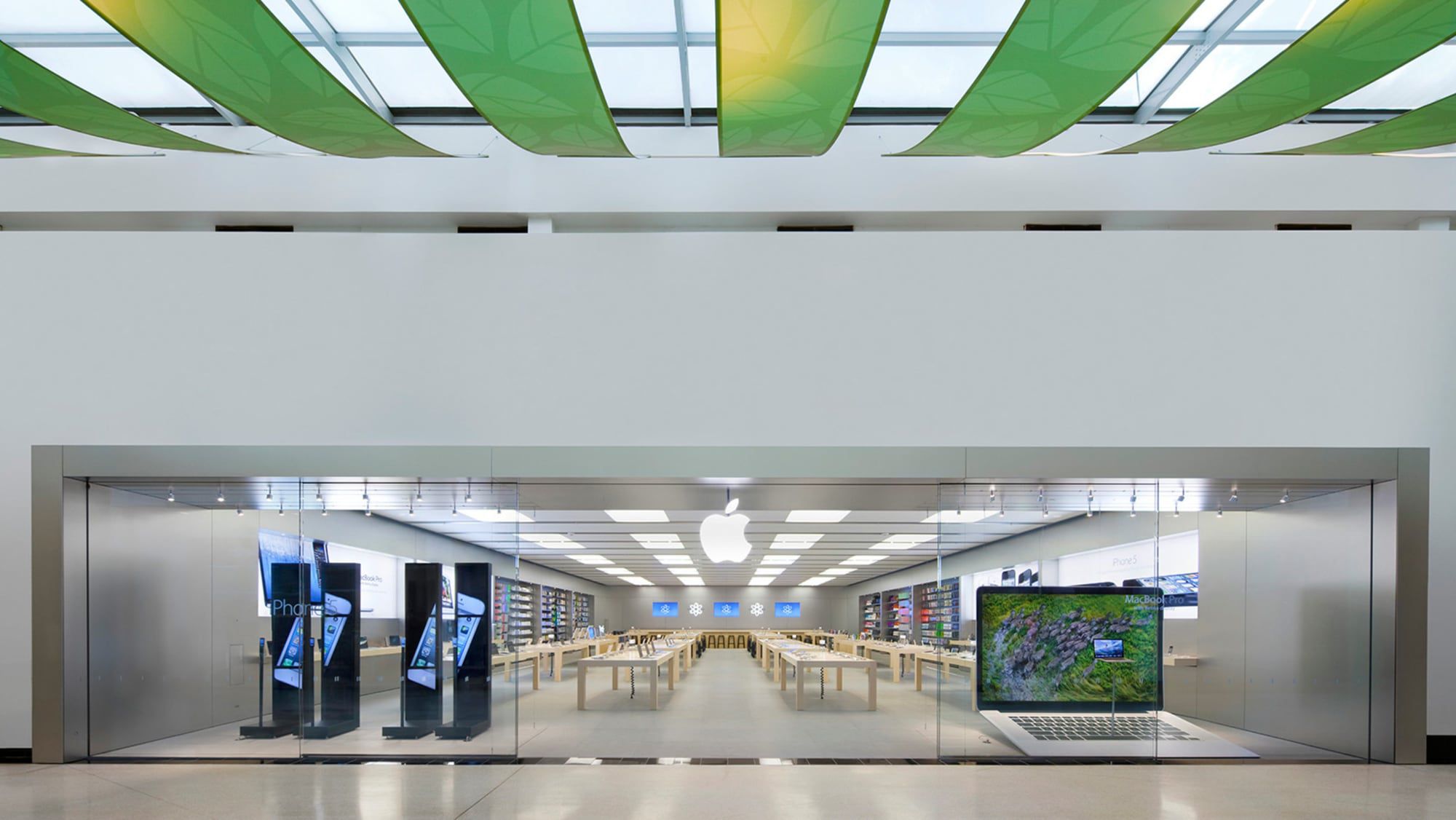A few months after Microsoft announced plans to acquire the video game maker Activision Blizzard, the tech giant said it would
remain neutral if Activision workers sought to unionize once the deal went through. Now, a major union is testing Microsoft's appetite for organizing at a company it already owns.
A group of more than 300 employees at ZeniMax Media, a Maryland-based video game maker owned by Microsoft, has begun voting on whether to form the company's only union in the United States.
The vote, among quality assurance employees at ZeniMax, which includes prominent studios like Bethesda Game Studios, is taking place under an informal agreement in which Microsoft is staying neutral. Workers can sign a union authorization card, as some began doing last month, or weigh in anonymously for or against unionization on an electronic platform that opened on Friday.
The process will conclude at the end of the month and is more efficient than a typical union election, which is overseen by the National Labor Relations Board and can involve legal wrangling over the terms of the election.
A Microsoft spokeswoman said that the organizing campaign was "an example of our
labor principles in action" and that the company remained "committed to providing employees with an opportunity to freely and fairly make choices about their workplace representation."
The union campaign at Microsoft would affect Q.A. workers at several gaming studios that are a part of ZeniMax Media, including Bethesda, which makes hit franchises like The Elder Scrolls and Fallout.
Microsoft, which makes the Xbox series of consoles, acquired ZeniMax for $7.5 billion,
a splashy pandemic purchase that helped it compete against rival Sony and its PlayStation consoles, as well as broaden the appeal of Xbox Game Pass, its video game subscription service. The deal
closed last year.
The first new major, exclusive-to-Xbox game stemming from that purchase, Starfield, is expected to be released next year by Bethesda. Some of the workers who test it may do so as union members.
Other gaming industry Q.A. testers have echoed these points,
citing crunch as a continuing problem and arguing that the industry gets away with paying them less because of the allure of its products and the idea that they should be happy to earn an income playing games. Workers say the mind-numbing process of repeatedly testing specific actions for glitches is far different from playing a game for fun.
Some ZeniMax workers also said they preferred more liberal policies on working from home, and they complained that the company's method of allocating training opportunities, additional responsibility and promotions was often arbitrary or opaque. They said they hoped a union would help create more transparent policies.
Andrés Vázquez, who has been based at a ZeniMax studio in the Dallas area for more than seven years, said he had yet to be promoted to the next job level, senior Q.A. tester, even though some co-workers who joined the company around the same time had been promoted beyond that level. Whenever he has raised the issue with managers or human resources officials, he said, "I get corporate lip service."
The Microsoft spokeswoman said the company was talking to employees to ensure that they were not taking on too much work, but she did not comment on the other concerns.
Still, the workers praised Microsoft for following through on its promise of neutrality. Unlike workers at Starbucks and Amazon, they say, they have not been summoned to meetings in which supervisors seek to dissuade them from unionizing, and they do not feel that the company has retaliated against them for trying to form a union. (Starbucks and Amazon have denied accusations of retaliation.)
"It's been an incredible weight lifted off our shoulders," said Autumn Mitchell, another Q.A. employee based in Maryland, who has worked on Starfield, the forthcoming game.







